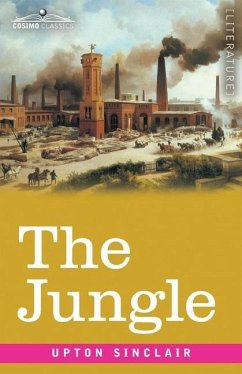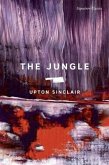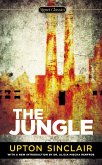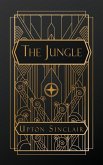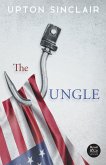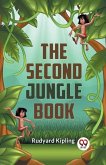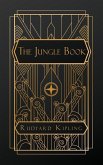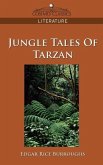"It is a book that does for modern industrial slavery what Uncle Tom's Cabin did for black slavery. But the work is done far better and more accurately in The Jungle than in Uncle Tom's Cabin." -Arthur Brisbane in the New York Evening Journal, (1906) The Jungle (1906) is an iconic novel in which Sinclair drew on several years of research to unmask the corruption in Chicago's meatpacking industry and the misery it inflicted on the lives of the workers there. Its main plot tells the story of a Lithuanian immigrant, Jurgis Rudkus, and his extended family, all of whom had come to the United States to live the American dream. While created by the author to expose abuses and advance the cause of socialism in the US, its more practical outcome was reforms that included the passage of the Meat Inspection Act.
Hinweis: Dieser Artikel kann nur an eine deutsche Lieferadresse ausgeliefert werden.
Hinweis: Dieser Artikel kann nur an eine deutsche Lieferadresse ausgeliefert werden.

